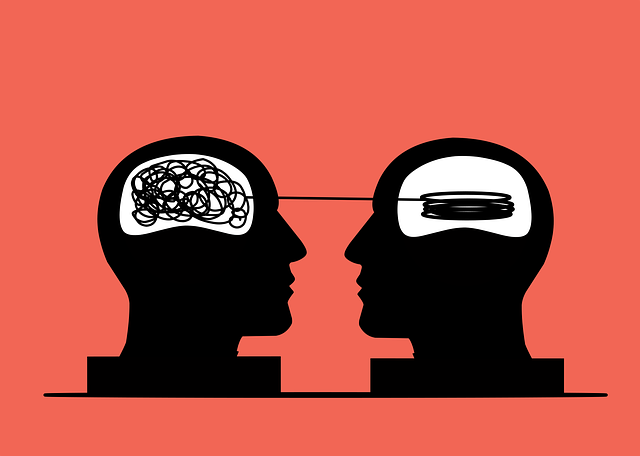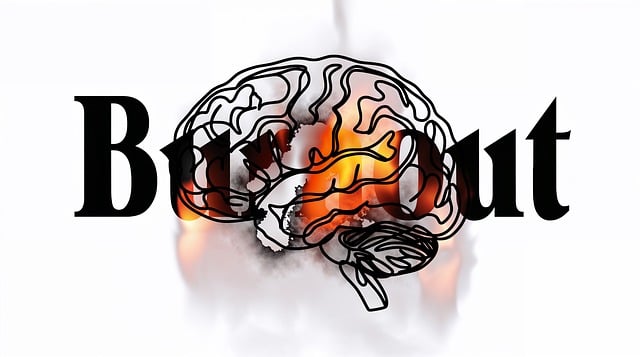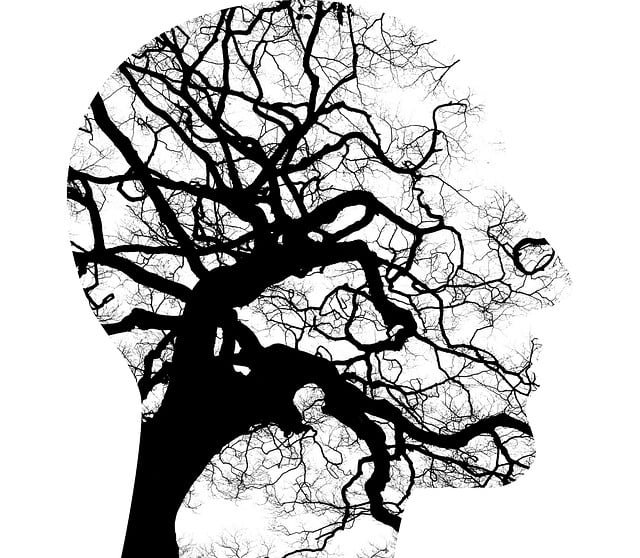Greenwood Village Grief Counseling Therapy provides individuals with powerful emotion regulation skills through evidence-backed techniques like Self-Care Routine Development and Mental Wellness Journaling, fostering resilience, self-awareness, and improved relationships. These strategies, including mindfulness, cognitive reframing, and empathy-building, help clients navigate intense emotions post-loss or trauma, manage stress, resolve conflicts, and advocate for their mental health through policy analysis. By integrating these practices into daily life, individuals gain emotional agility, enhance overall well-being, and transform challenges into growth opportunities.
Emotion regulation techniques are essential skills that can help individuals navigate life’s challenges with resilience. This article explores the profound impact of learning to manage emotions, focusing on the benefits of Greenwood Village Grief Counseling Therapy as a framework for teaching these skills. We’ll delve into key techniques, their practical application in daily life, and the potential challenges and advantages of adopting emotion regulation strategies. Understanding these concepts is crucial for fostering emotional well-being.
- Understanding Emotion Regulation and its Importance
- The Role of Greenwood Village Grief Counseling Therapy
- Key Techniques for Teaching Emotion Regulation
- Implementing These Techniques in Everyday Life
- Benefits and Potential Challenges of Learning Emotion Regulation Skills
Understanding Emotion Regulation and its Importance

Emotion regulation is a vital skill that enables individuals to manage and understand their feelings in a healthy way. It’s about recognizing and responding to emotions, rather than reacting impulsively. This process plays a crucial role in mental health maintenance and overall well-being. In Greenwood Village Grief Counseling Therapy sessions, clients often learn to navigate through intense emotions following loss or traumatic events.
Effective emotion regulation techniques empower individuals to foster resilience, enhance coping abilities, and improve their relationships. By understanding their emotional triggers, people can develop healthier responses, leading to better stress management and conflict resolution skills. This proactive approach to mental health is supported by evidence-based practices, such as Self-Care Routine Development for Better Mental Health, which encourages setting boundaries, engaging in enjoyable activities, and prioritizing rest. Moreover, learning these strategies can contribute to a more profound sense of self-awareness, fostering an individual’s ability to advocate for their mental health through policy analysis and advocacy—a crucial aspect of the Mental Health Policy Analysis and Advocacy discourse.
The Role of Greenwood Village Grief Counseling Therapy

Greenwood Village Grief Counseling Therapy plays a pivotal role in teaching individuals effective emotion regulation techniques. Through specialized therapeutic approaches, this service addresses the profound impact of grief and loss, helping clients navigate complex emotions and develop healthy coping mechanisms. By integrating various evidence-based practices, therapists facilitate a journey of self-discovery, fostering self-awareness exercises that empower individuals to manage their emotional responses.
Moreover, Greenwood Village offers valuable insights into conflict resolution techniques, enabling participants to transform challenging situations into opportunities for growth. Encouraging the adoption of self-care practices, the therapy equips individuals with tools to nurture their well-being, ensuring they can effectively confront life’s uncertainties with resilience and composure.
Key Techniques for Teaching Emotion Regulation

Teaching emotion regulation skills is a powerful tool for individuals to navigate their emotional experiences with greater ease and resilience. Some key techniques include mindfulness practices, such as deep breathing exercises and meditation, which help individuals become more aware of their emotions and learn to observe them without judgment. This heightened awareness enables better understanding and management of intense feelings.
Additionally, cognitive reframing strategies play a crucial role in emotion regulation teaching. Encouraging clients to challenge negative thought patterns and replace them with more balanced perspectives fosters a sense of control and confidence. For instance, helping individuals reframe anger as frustration can reduce defensiveness and promote healthier expressions of emotion. Empathy-building strategies are also essential for fostering supportive environments, particularly in Greenwood Village Grief Counseling Therapy settings, where understanding and validating others’ emotional experiences can strengthen connections and enhance the therapeutic process. Effective teaching methods should integrate these techniques while considering individual needs, ensuring tailored approaches that support long-term mental well-being and boosting one’s confidence to manage emotions effectively. Moreover, risk assessment for mental health professionals is vital to ensure safe and ethical delivery of emotion regulation instruction.
Implementing These Techniques in Everyday Life

Implementing emotion regulation techniques in everyday life can significantly enhance mental wellness and resilience building. Greenwood Village Grief Counseling Therapy offers valuable guidance on integrating these practices into your routine, fostering a healthier emotional landscape. One effective approach is journaling, which serves as a powerful Mental Wellness Journaling Exercise. By dedicating a few minutes daily to record thoughts and feelings, individuals can gain profound insights into their emotions, identify patterns, and develop strategies for managing stress and anxiety.
This practice allows for self-reflection and Depression Prevention by creating a safe space to express and process difficult feelings without judgment. Moreover, it encourages proactive coping mechanisms, enabling individuals to navigate life’s challenges with increased emotional agility. Whether through formal therapy sessions or personal exploration, these techniques empower folks to embrace their emotions, transform them, and lead more balanced lives.
Benefits and Potential Challenges of Learning Emotion Regulation Skills

Learning emotion regulation skills offers a multitude of benefits for individuals seeking to enhance their mental wellness and overall quality of life. Greenwood Village Grief Counseling Therapy has recognized this need, incorporating techniques that empower clients to navigate and manage their emotions effectively. By developing emotional resilience, individuals can improve their ability to cope with stress, anxiety, and even traumatic experiences, leading to increased stability and a greater sense of control. Additionally, these skills foster better communication and relationships by promoting empathy and understanding towards oneself and others.
However, the path to mastering emotion regulation is not without challenges. Some individuals might find it difficult to acknowledge and accept their emotions, especially those with past traumas or cultural backgrounds that discourage open expression. Overcoming these barriers requires safe and supportive environments, such as those provided by Greenwood Village Grief Counseling Therapy, coupled with guidance in practices like mental wellness journaling, mood management strategies, and compassion cultivation exercises. Through persistent practice, individuals can cultivate a more nuanced understanding of their emotions, leading to improved emotional intelligence and enhanced quality of life.
Emotion regulation skills, once mastered, become invaluable tools for navigating life’s challenges. The article has explored various aspects of this process, from the foundational understanding of its importance to practical techniques like those offered by Greenwood Village Grief Counseling Therapy. By integrating these strategies into daily routines, individuals can enhance their emotional well-being and foster more resilient coping mechanisms. While learning such skills may present initial challenges, the benefits extend far beyond, offering a path towards greater self-awareness, effective stress management, and improved relationships.














